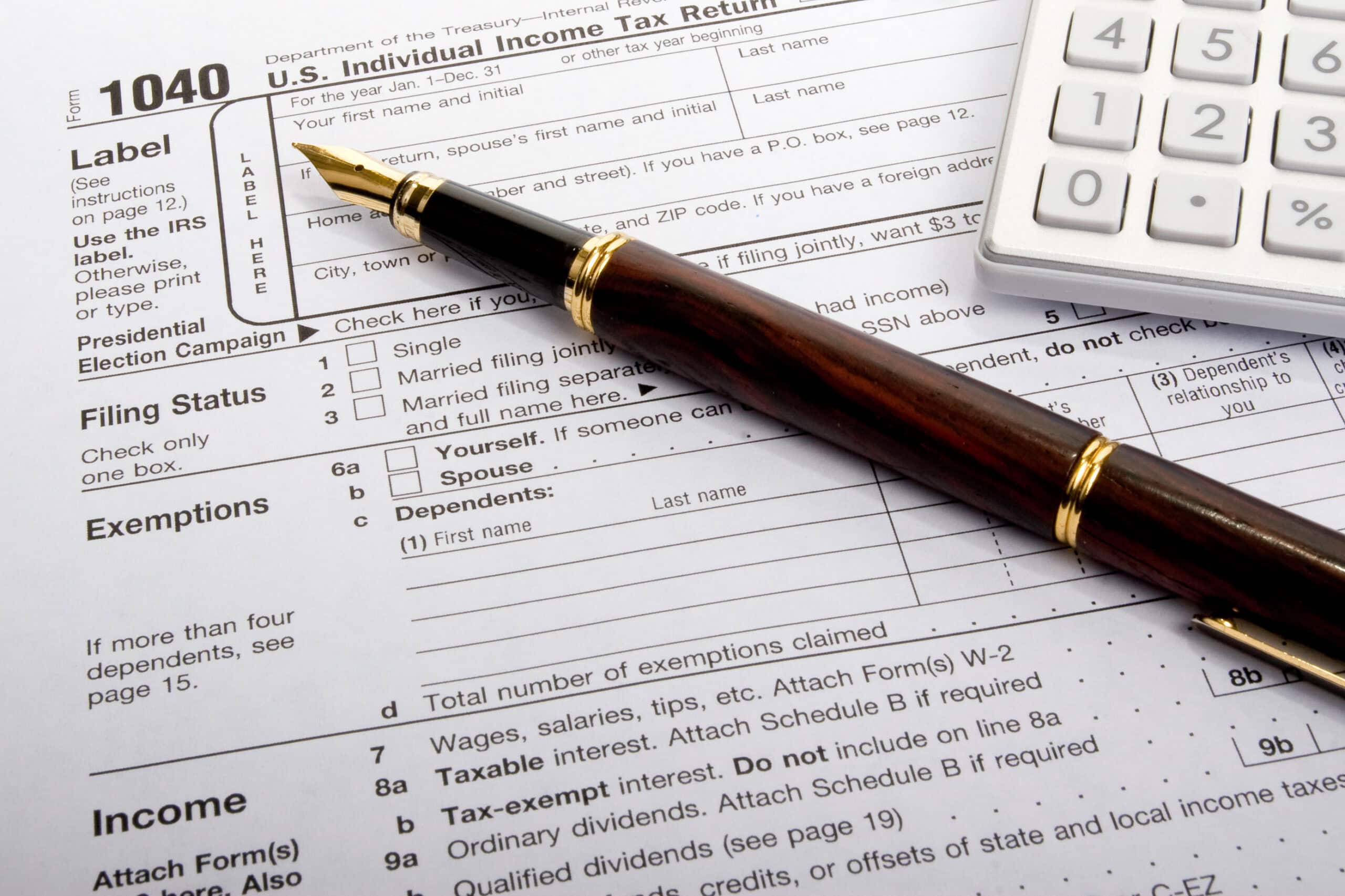Owning a home comes with more than just personal and financial stability—it can also unlock valuable tax advantages. If you’re a homeowner or planning to become one, understanding the tax benefits available to you can lead to meaningful savings at tax time.
This guide breaks down the most common tax deductions for homeowners, explains eligibility rules, and highlights tax strategies that apply to first-time buyers, long-time owners, and even those with second homes or investment properties.
What Are the Tax Benefits of Owning a Home?
The tax benefits of owning a home are primarily offered through deductions and exclusions that reduce your taxable income. These include:
-
Mortgage interest deduction
-
Property tax deduction
-
Capital gains tax exclusion on the sale of your primary residence
-
Credits and deductions for energy-efficient upgrades
-
Certain benefits for second homes or rental properties
These deductions are generally available only if you itemize, and they’re subject to limitations and eligibility rules.
Mortgage Interest Deduction
One of the most well-known homeowner tax benefits is the mortgage interest deduction. If you itemize your deductions, you may be able to deduct interest paid on up to $750,000 of mortgage debt (or $375,000 if married filing separately) for homes purchased after December 15, 2017. However, older loans may qualify under the previous $1 million cap.
This deduction applies to both primary residences and qualifying second homes, but not to investment properties.
Learn more in our article on the mortgage interest deduction and how it’s calculated.
Property Tax Deduction (SALT Cap)
Homeowners can also deduct state and local taxes paid, including property taxes. The IRS places a cap on this deduction under the State and Local Tax (SALT) limit:
-
You may deduct up to $10,000 total in state and local income, sales, and property taxes combined ($5,000 if married filing separately).
This cap, introduced in 2018, limits the benefit for homeowners in high-tax states, but remains one of the key deductions available.
Capital Gains Exclusion When Selling a Home
If you sell your primary residence for more than you paid for it, you may be eligible to exclude some or all of the gain from your taxable income.
-
Up to $250,000 of gain can be excluded for single filers
-
Up to $500,000 for married couples filing jointly
To qualify, you must have owned and lived in the home for at least two of the last five years before the sale. This exclusion can be used once every two years.
Tax Benefits for Second Homes and Investment Properties
If you own a second home, you may still be able to deduct mortgage interest and property taxes. However, the home must be used for personal purposes at least 14 days per year or 10% of the days it’s rented—whichever is greater.
The IRS treats rental properties as investments, offering a different set of tax advantages, including:
-
Depreciation deductions
-
Deductible maintenance and repair costs
-
Deductible mortgage interest and property taxes
-
Pass-through income deductions in some cases
Tax Breaks That Are Reduced or No Longer Available
Some homeowner-related tax deductions have changed or expired:
-
Mortgage insurance (PMI) deduction is currently expired as of 2023 unless extended by future legislation
-
Home equity loan interest is only deductible if the loan was used to buy, build, or improve the home
-
Moving expense deduction is no longer available for most taxpayers, with an exception for active-duty military
If you need a refresher on mortgage insurance, visit our article: What Is PMI?
Do You Need to Itemize to Claim These Deductions?
Yes, most of the tax benefits of owning a home require itemizing. That means your total deductions must exceed the standard deduction amounts set by the IRS:
| Filing Status | Standard Deduction (2024) |
|---|---|
| Single | $14,600 |
| Married Filing Jointly | $29,200 |
| Head of Household | $21,900 |
If your total deductions fall short of these amounts, it may make more sense to take the standard deduction and forgo individual write-offs like mortgage interest and property taxes.
FAQ: Tax Deductions for Homeowners
What is the mortgage interest deduction and who qualifies?
The mortgage interest deduction allows homeowners to deduct interest paid on up to $750,000 of mortgage debt if they itemize deductions. To qualify, the loan must be for a primary or second residence—not an investment property.
Are property taxes deductible?
Yes, property taxes are deductible for homeowners who itemize. However, they count toward the $10,000 cap on state and local taxes (SALT), which includes property, income, and sales taxes combined.
Do I get a tax break when I sell my house?
Homeowners may qualify for a capital gains exclusion when selling their primary residence. If eligible, you can exclude up to $250,000 (single) or $500,000 (married filing jointly) of profit from taxation.
Can I get homeowner tax benefits without itemizing?
Most homeowner tax benefits, like the mortgage interest and property tax deductions, require itemizing. However, some tax credits, such as for energy-efficient upgrades, may still apply without itemizing.
Can I deduct mortgage insurance?
No, mortgage insurance (PMI) is not currently deductible. The deduction expired in 2022 and has not been reinstated for 2023.
What are the tax benefits of a rental property?
Rental property owners can deduct mortgage interest, depreciation, maintenance costs, property management fees, and other expenses. Rental income must also be reported.
Final Thoughts
The tax benefits of owning a home can be a major advantage—if you know how to use them. From mortgage interest and property tax deductions to capital gains exclusions when selling, there are several opportunities to reduce your tax bill.
Make sure to track your expenses, understand your eligibility, and consult a qualified tax advisor for personalized guidance. With the right strategy, homeownership can pay off in more ways than one.
Related Posts

Tax Benefits of Rental Property: Advanced Strategies for Real Estate Investors
Rental properties offer some of the most powerful tax benefits available to individual investors — but most landlords only scratch the surface. If

Real Estate Tax Strategies for Primary, Second, and Investment Homes
Understanding effective real estate tax strategies is essential for any property owner—whether you’re buying your first home, considering a vacation property, or expanding

Understanding Escrows: What They Are, How They Protect You, and Their Role in Homeownership
When you’re buying a home or making monthly mortgage payments, you’ll often deal with something called an escrow account. But what is an

